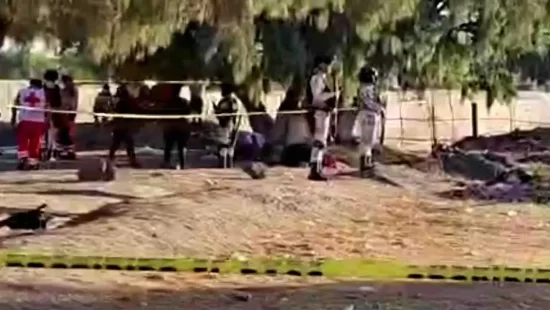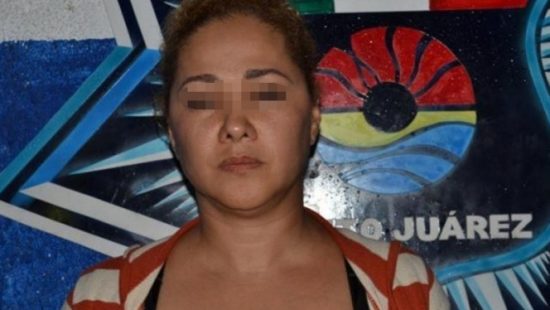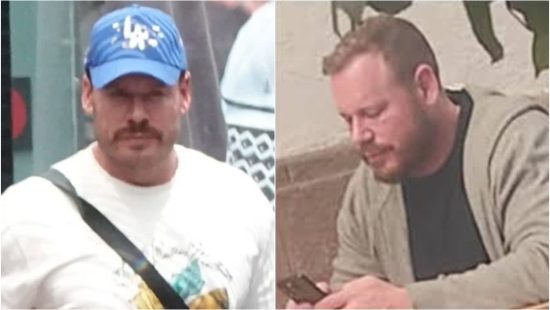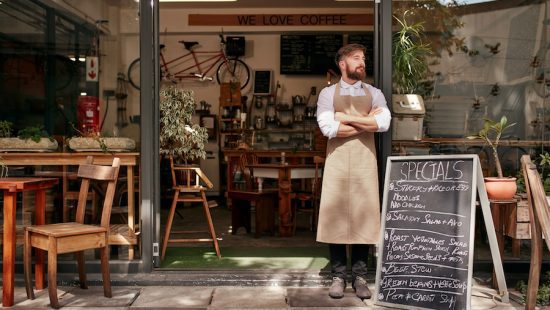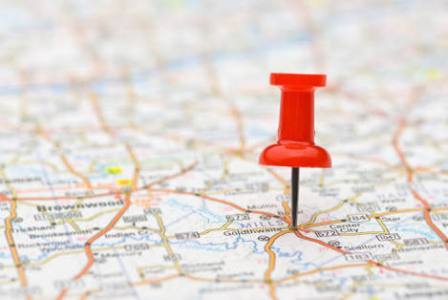“We lived through hell,” says 29-year-old Mervin Yamarte as he steps into his mother’s home, wiping away the tears and sweat drenching his face.
He is one of four men from the neighborhood of Los Pescadores in the city of Maracaibo, Venezuela, who were deported from the US to the Center for the Confinement of Terrorism (Cecot), a maximum-security jail in El Salvador.
Since returning to the White House in January, US President Donald Trump has attempted to ramp up deportations of migrants. Many of them have been sent to Cecot, on allegations of criminality, under an agreement with El Salvador.
Mervin Yamarte and his friends – Edwuar Hernández Herrera, Andy Perozo and Ringo Rincón – spent four months in the notorious mega-prison before being released in a prisoner exchange last Friday.
All four have told the media that during their months in captivity they were subjected to beatings and treated “like animals”, including being made to eat with their hands.
The BBC has approached the Salvadoran government for a response to the allegations, but has not yet received a response.
Its president, Nayib Bukele, has previously denied such allegations, which have been used by the Venezuelan government to attack him amid an ongoing exchange of accusations. Venezuela is currently facing an investigation by the International Criminal Court (ICC) over allegations similar to those it is leveling in El Salvador.
As part of the prisoner deal that was struck by the governments of the US, Venezuela and El Salvador, a total of 252 Venezuelans were flown from Cecot to the Venezuelan capital, Caracas.
The Venezuelans released from Cecot in El Salvador last week were originally deported from the US under the 1798 Alien Enemies Act – a law that was written to allow the removal of individuals who are not US citizens in times of war or invasion.
The act was controversially invoked earlier this year by Trump as part of a sweeping effort to deport alleged gang members.
The US authorities accused the deported individuals of being members of the Venezuelan Tren de Aragua criminal gang, and argued that they were “conducting irregular warfare” in the US.
But the four sports who spoke to BBC News Mundo in Los Pescadores have denied any links with the Tren de Aragua.
They said they were arrested in Texas for alleged immigration offenses after mistakenly being identified as gang members because of their tattoos.

